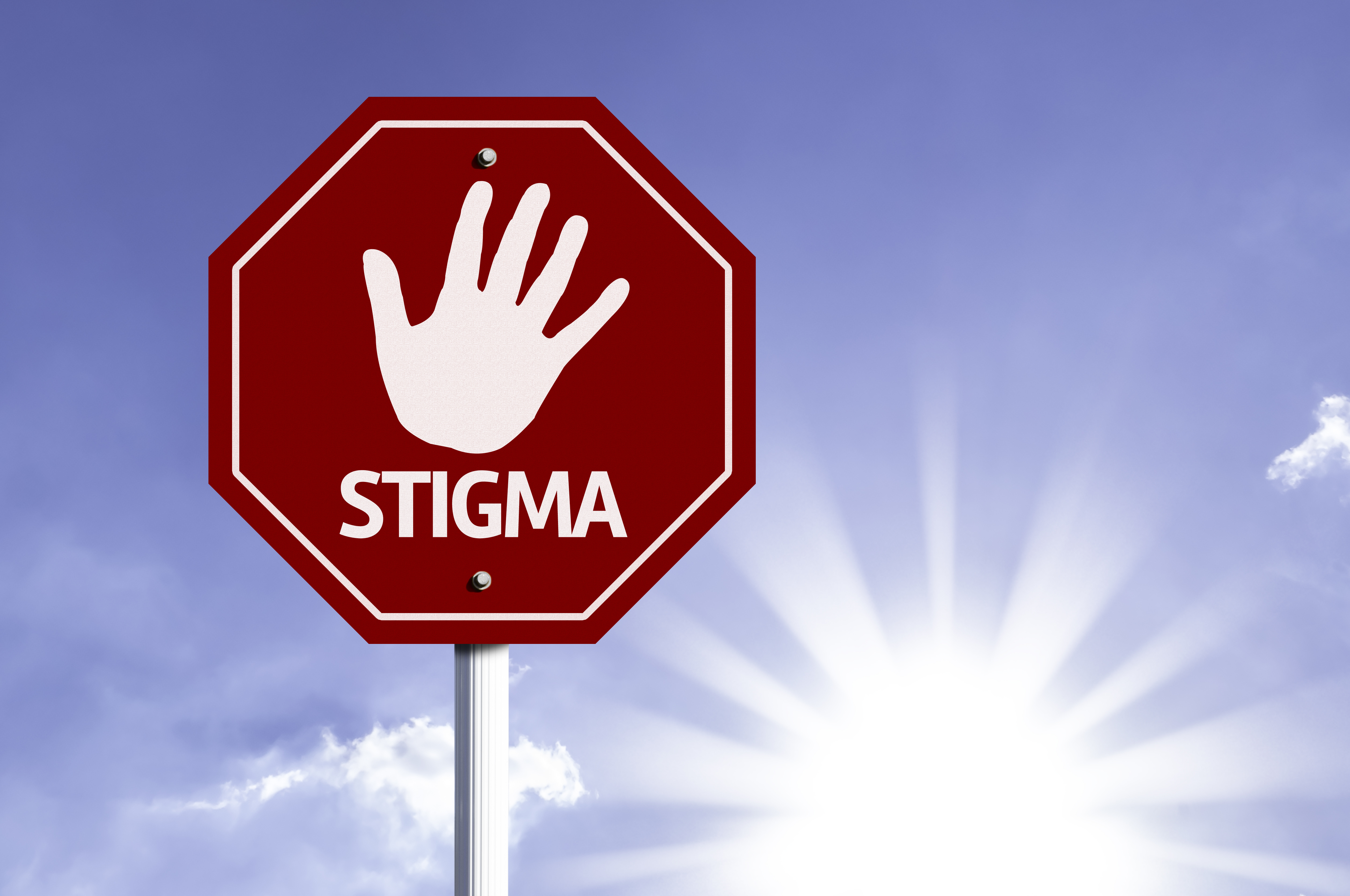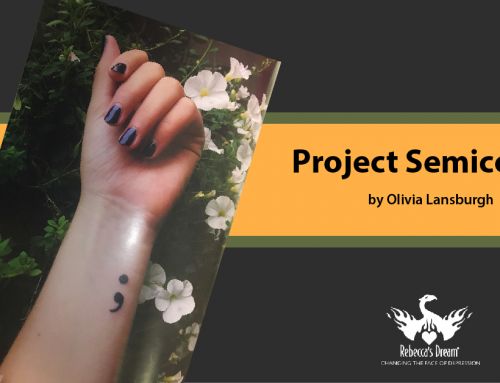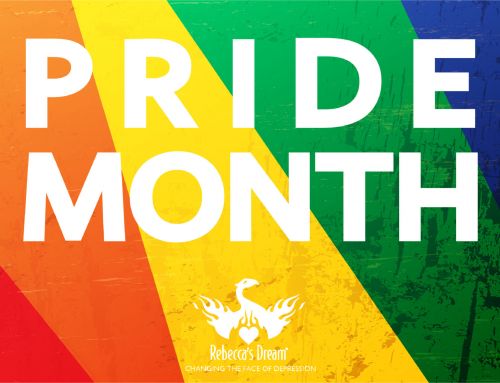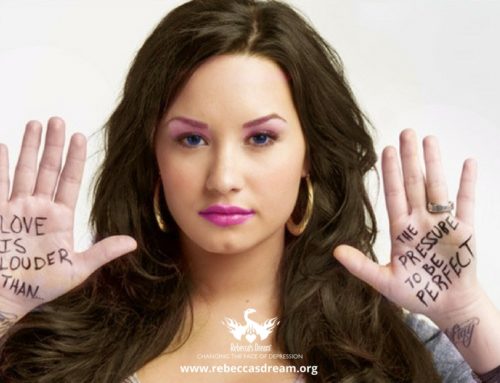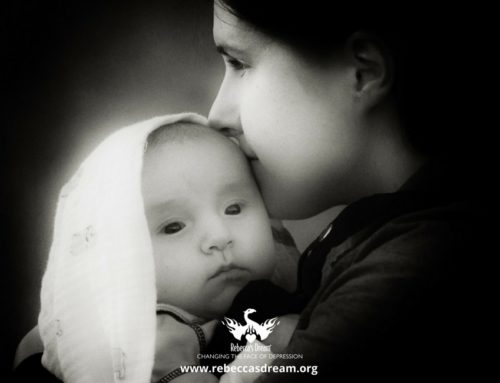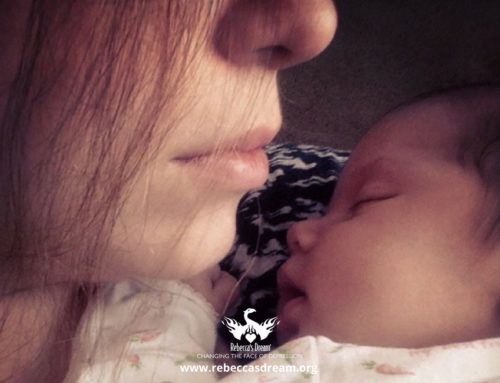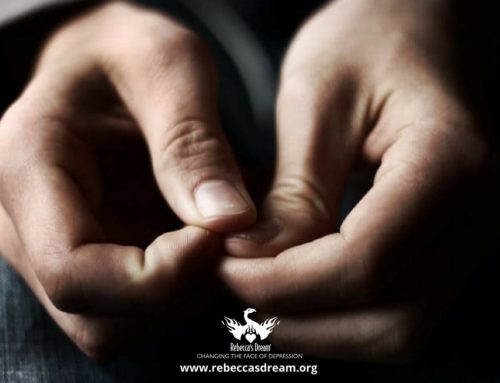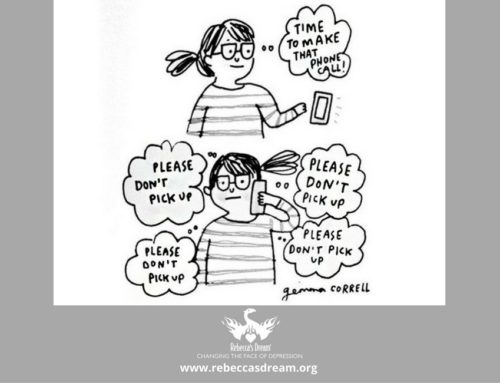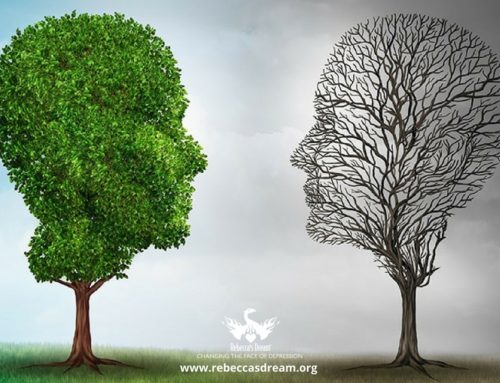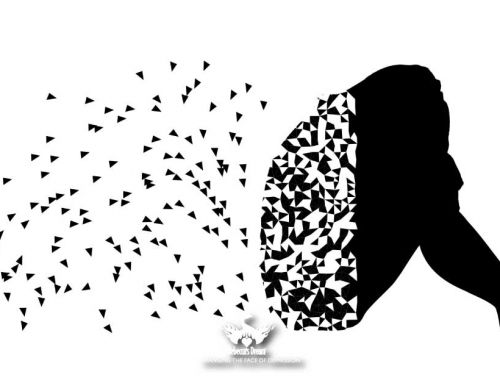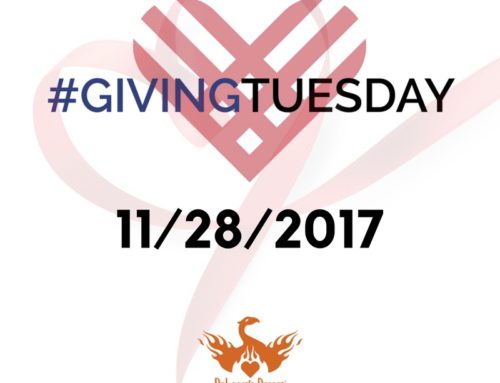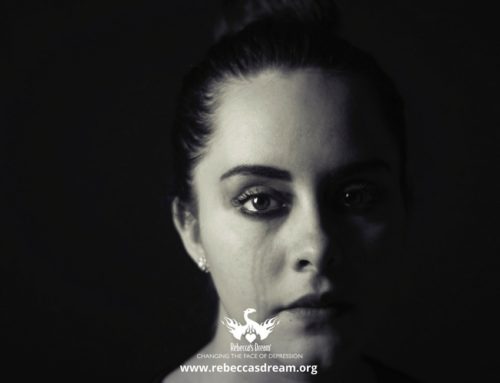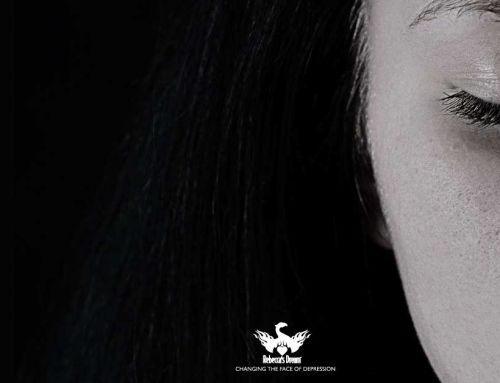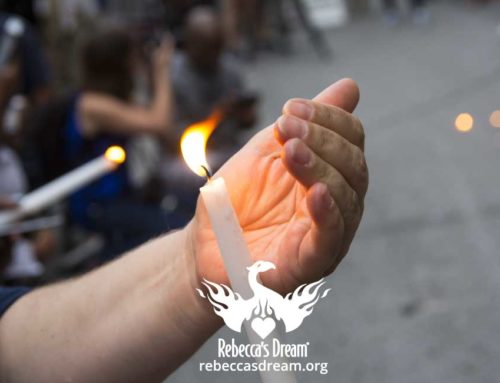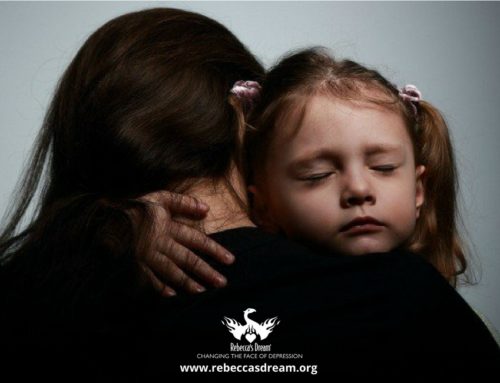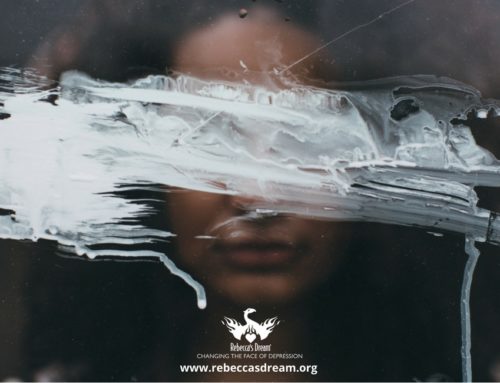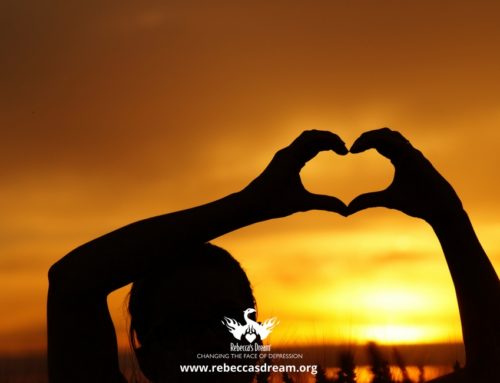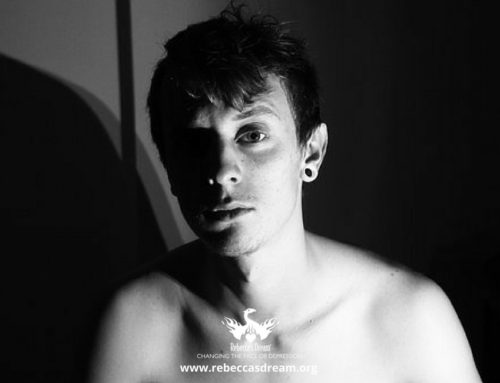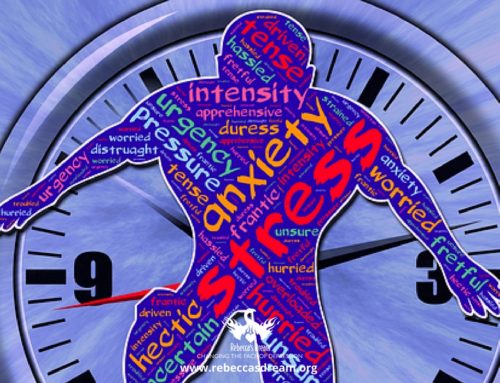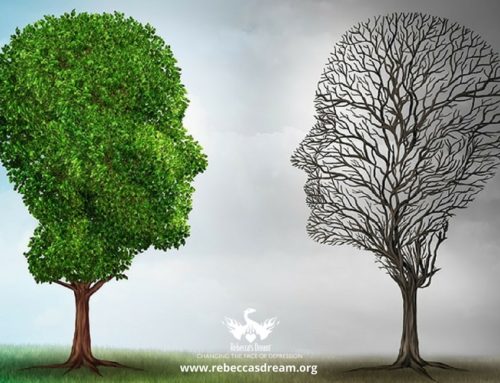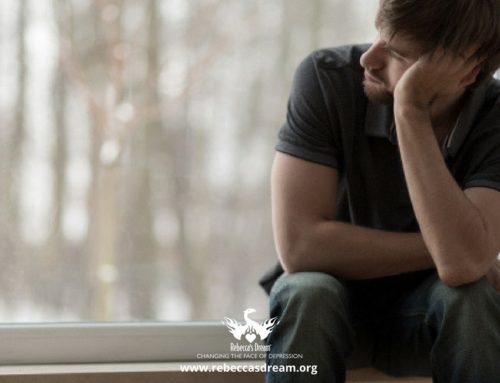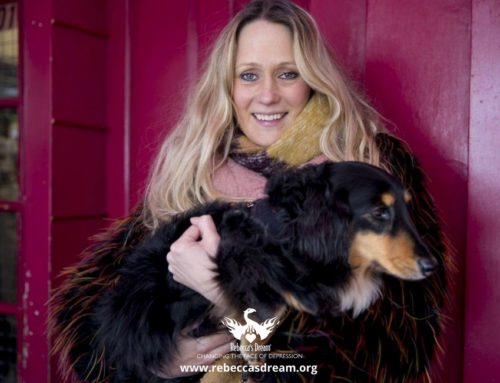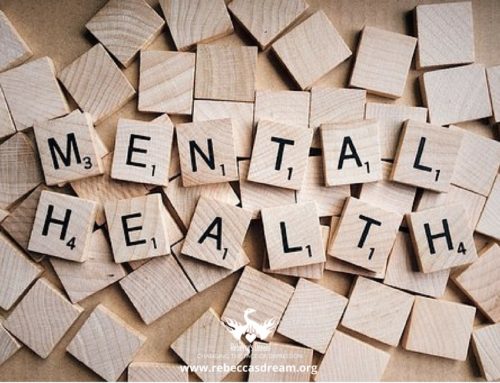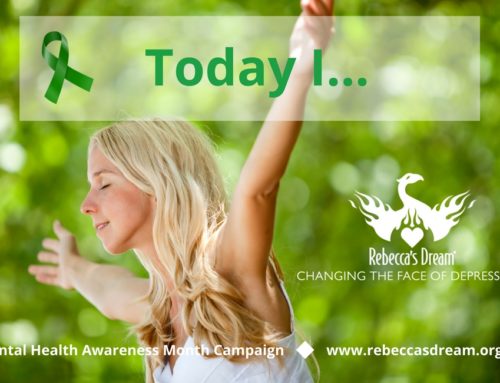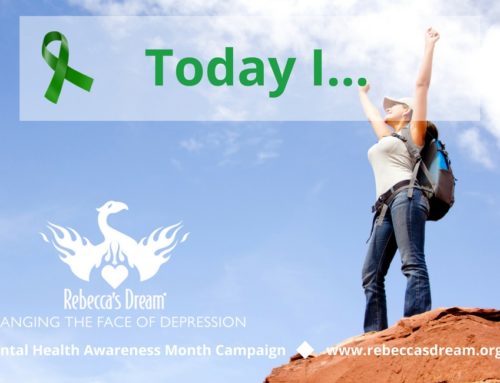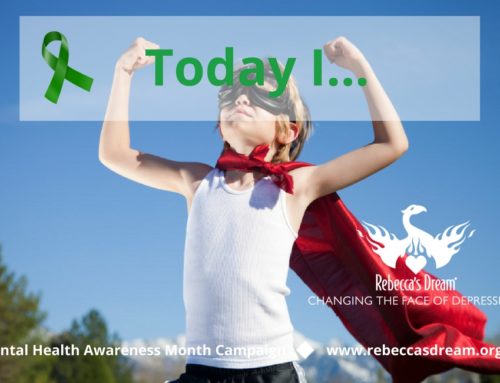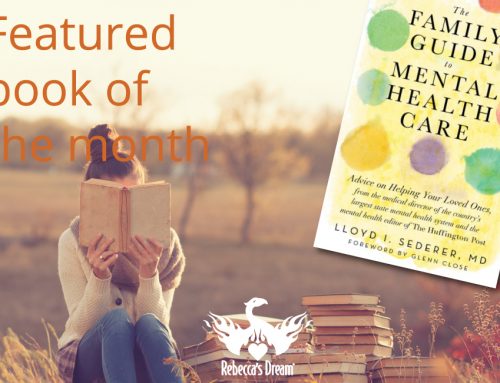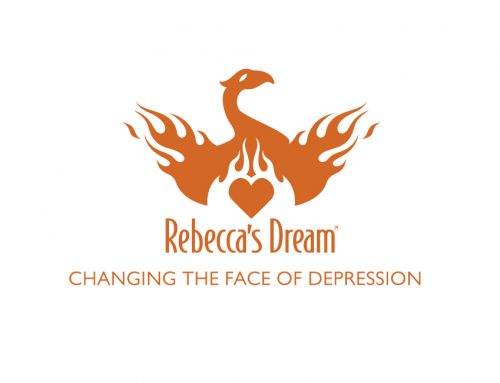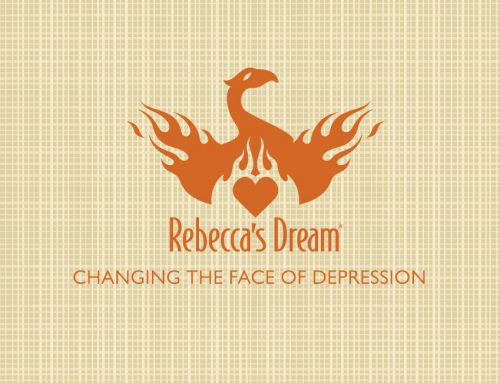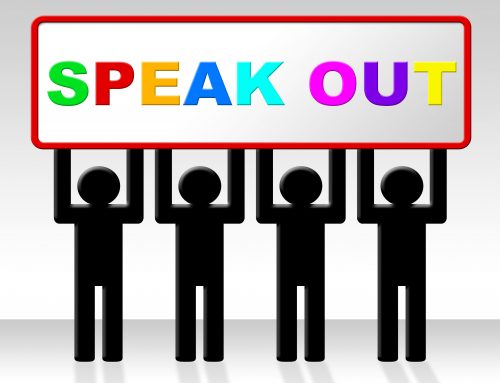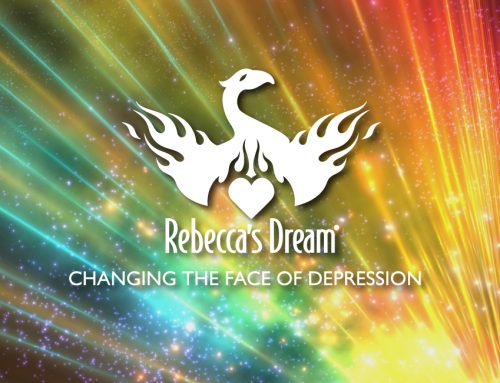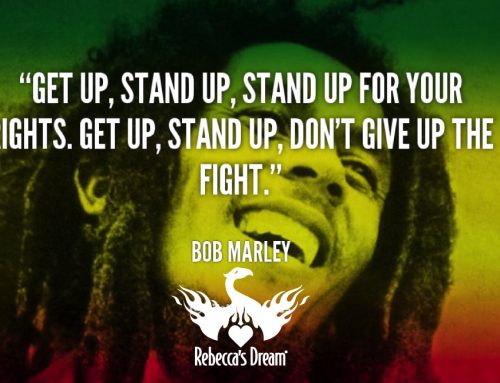Dr. Phil, I have something to say to you. I’ve been thinking about the most appropriate way to do that, because I am generally a polite person who cares greatly about the feelings of others. However, I decided to take a page or two from your own philosophy: “Let’s get real,“ and “I’m not the Hush Puppies, pipe and ‘Let’s talk about your mother‘ kind of psychologist.”
While you are a Doctor of Philosophy in clinical psychology, I am only a licensed clinical professional Counselor. Compared to your credentials, mine don’t hold much water. You are a TV personality; I only watch TV. You have written many books; I just read them. Your Wikipedia biography is pages long; mine doesn’t exist. The facts are…you are “somebody,” and I am just me.
But I have one advantage over you. While you pay lip service to how well you understand the power of words, I live by that credo day in, day out. Words are powerful. Words heal. And words hurt. I know from firsthand experience how devastating, humiliating, and shaming words can be.
During one of your recent TV shows, you demonstrated how little you heed your own words. You said, “Insane people suck on rocks and bark at the moon.” I didn’t hear those words firsthand (I never watch your show), but I was told by several angry people what you said. Not believing they heard you correctly, I went online…and found those same words, and their context, on the Internet. Yes, Dr. Phil, those ill-spoken words now live forever in cyberspace.
I lost my daughter, Rebecca, to depression and bipolar disorder nine years ago. She did not “suck on rocks and bark at the moon,” nor was she a “crazy psycho” (other words you spoke on that same program). She was beautiful, intelligent, funny, caring. She was ashamed of her illness, and yet she lived with extraordinary grace and dignity. Rebecca helped many of her friends and colleagues to find the medical help they needed for their own struggles with mental illness. She was special and is greatly missed.
In her honor, our family began a nonprofit foundation—Rebecca’s Dream—to “promote awareness and compassionate understanding of depression and bipolar disorder as real diseases.” Rebecca’s Dream has helped thousands of individuals and their families to find the help and hope they need to live successful lives. And it is helping to fight the stigma of mental illness for the approximately 22.9 million Americans who live with it daily.
Your flippant words, Dr. Phil, have pushed back our mission. I understand that the audience at your show responded to your comment by…laughing. It seems to me that, for you, the entertainment factor of your “humor” outweighed the potential harm done to others. Or, perhaps you simply did not care. For all of us who are fighting the stigma against mental illness, we cannot calculate the short-term or long-term harm your words have caused. Friends don’t inflict insults and shame on their friends, nor do they bully or ridicule others who can’t fight back. With those words, Dr. Phil, you are not a friend to those living with mental health issues, nor would I ever send even my worst enemy to you for advice. Your words have sullied the memory of my daughter and brought humiliation to millions who are living their lives in the best possible way they can.
You are a big personality reaching far too many souls for me to count; I am a small personality reaching many…but not as many as I want to. But Rebecca’s Dream will forge ahead. We will keep finding ways to put into practice our mission and vision: to create a world of compassion and understanding of depression and bipolar disorder—and all mental illness—as real diseases. A world—and words—of compassion and understanding. Words, Dr. Phil. They matter.
Dare I ask what’s next on your agenda…?
Gail W. Cutler
President and Founder
Rebecca’s Dream
Bringing a Dream to Life
It all began with a tattoo of the phoenix. Rebecca was feeling well, hopeful and full of the possibilities for living a life of passion, awareness and compassion for herself and all those she knew and had yet to meet who lived with mood disorders. She was 28 when she had the phoenix tattooed on the small of her back. Her father and I were horrified. We did not understand the significance of that bird to Rebecca–the magical creature of ancient myth that dies and rises again from its own ashes. We did not understand it was Becky’s statement, to herself, that she had come through very dark times and felt reborn. We just didn’t get it.
Rebecca loved to help people—friends and strangers alike. If she knew or suspected someone needed guidance, support, warmth, a shoulder to cry on, or a helping hand, she was front and center. I don’t know how many folks she guided toward better mental health, but I do know she did just that, through her ability to listen and empathize. Rebecca knew the pain of depression and loss of hope for a life of meaning and purpose. She also knew just the opposite was true, even while living with a mood disorder. She had great spirit and wisdom.
Rebecca’s 30th birthday was November 13, 2004. To celebrate that special occasion, she planned a fundraiser for the Depression and Bipolar Support Alliance (DBSA) to begin the process of changing the face of depression. She knew it was risky business. Who wants to celebrate a birthday by raising funds for depression? Becky did. She knew something had to be done to teach people the truth about mental health, and she was willing to start with her own story.
Her fundraiser birthday party didn’t happen. Instead, Becky had a smaller, quieter celebration with family and friends. The following June she was no longer with us.
This is the backstory to Rebecca’s Dream, the phoenix logo and the Rebecca Lynn Cutler Legacy of Life Foundation. Today, Becky’s family and friends carry forward with her dream, and this is how we do it:
Rebecca’s Dream partnered with DBSA for four years until we became an independent 501(c)(3) charitable foundation. We honor the Phoenix and the Dream by raising funds through a yearly benefit, individual donations and smaller “meet-and-greet educational friend-raisers” held throughout the year. Our goals remain the same as Rebecca’s—to promote awareness and compassionate understanding of depression and bipolar disorder as real diseases.
In 2010, Rebecca’s Dream funded three programs that carry forward our mission and vision of changing the face of depression. These programs include a study guide to accompany and enhance the video “Real Teenagers Talking About Depression,” which targets 8th graders through high school sophomores; a custom theatrical production sharing five true stories of young women impacted by depression and bipolar disorder; and a program titled “Speak Out Against Stigma,” which emphasizes the impact of depressive disorders on families and the need for effective diagnosis, treatment and health care coverage.
In 2013, Rebecca’s Dream awarded 40 scholarships to those who were otherwise financially unable to attend DBSA’s annual national conference in Florida (June, 2013). All recipients were grateful for the generosity and compassionate understanding of Rebecca’s Dream.
The Rebecca Lynn Cutler Legacy of Life Foundation is propelled by the dream Rebecca left us—to teach the world that, while mental health issues are real, individuals can live productive lives filled with hope, commitment and courage. Education is the backbone of Rebecca’s Dream. It is our reason for being. It is the passion that stokes the fire beneath the Phoenix. It is what Rebecca wanted to accomplish and what we will pursue—not just for her—but for all of the individuals living with mood disorders, their families, their friends, and their colleagues, so that they may live their lives to the fullest.
We will continue to grant funds to organizations and foundations that share our vision and mission. Thank you for joining us on the wings of a dream. Hold on tight! We have places to go and much to accomplish.


